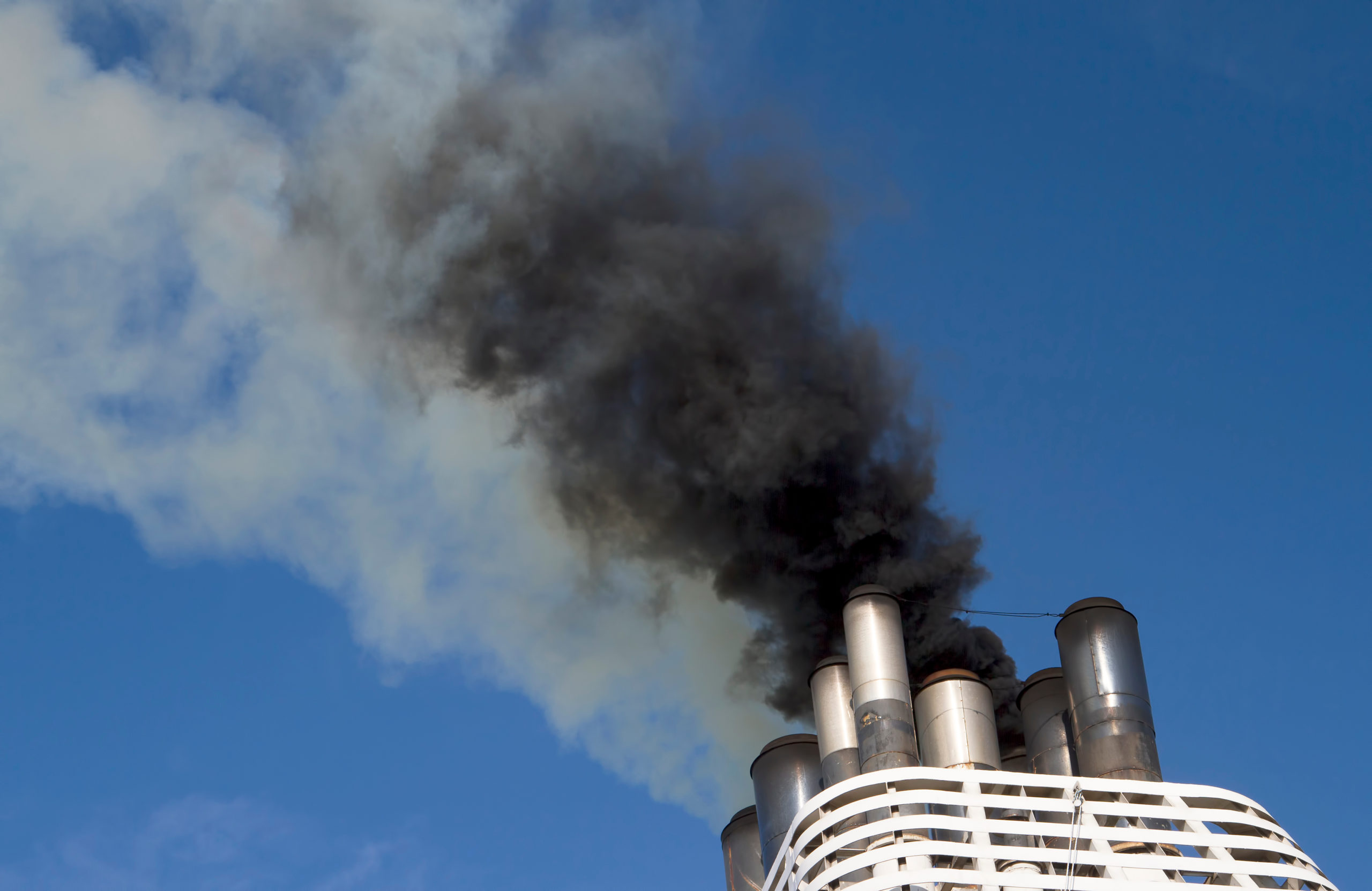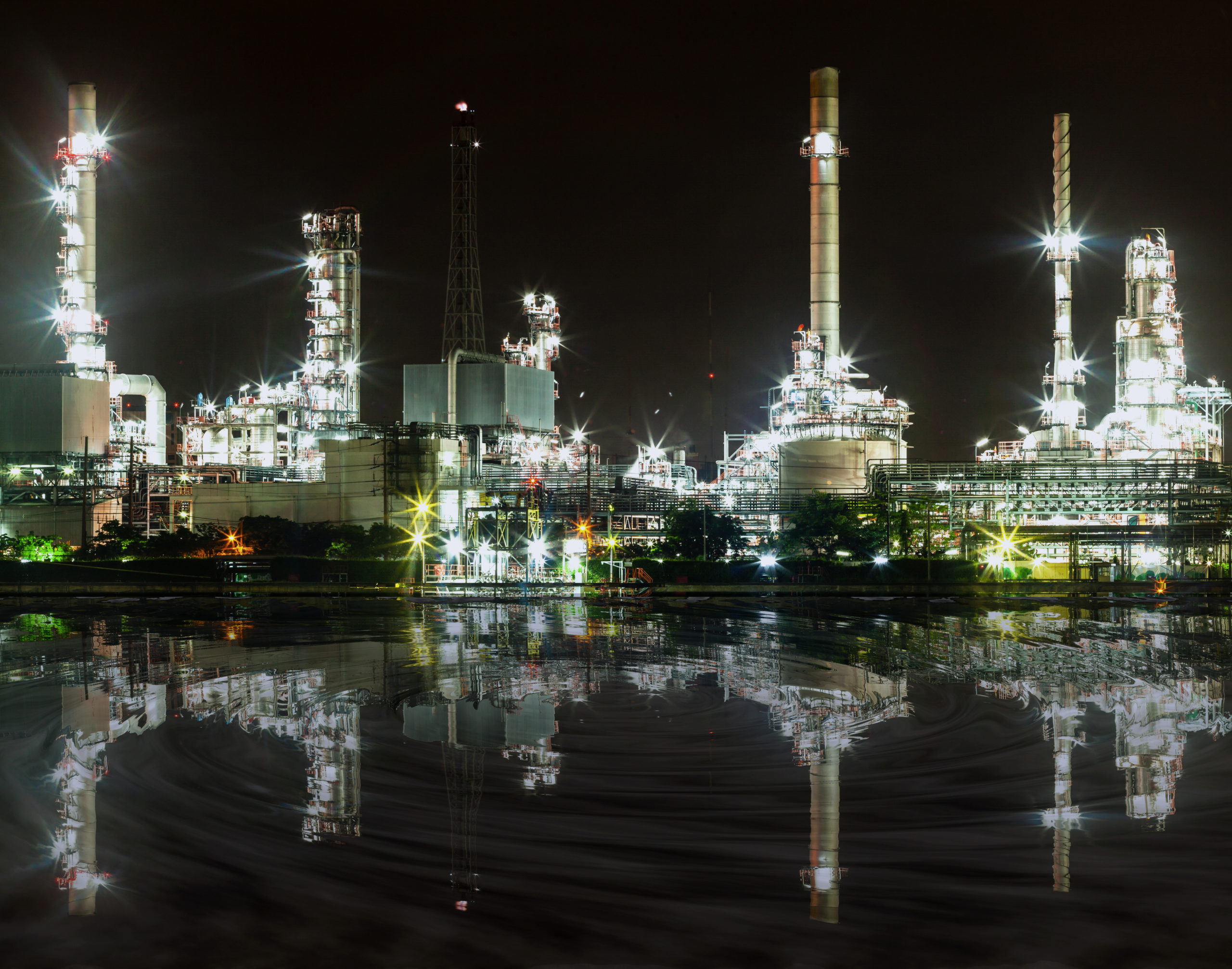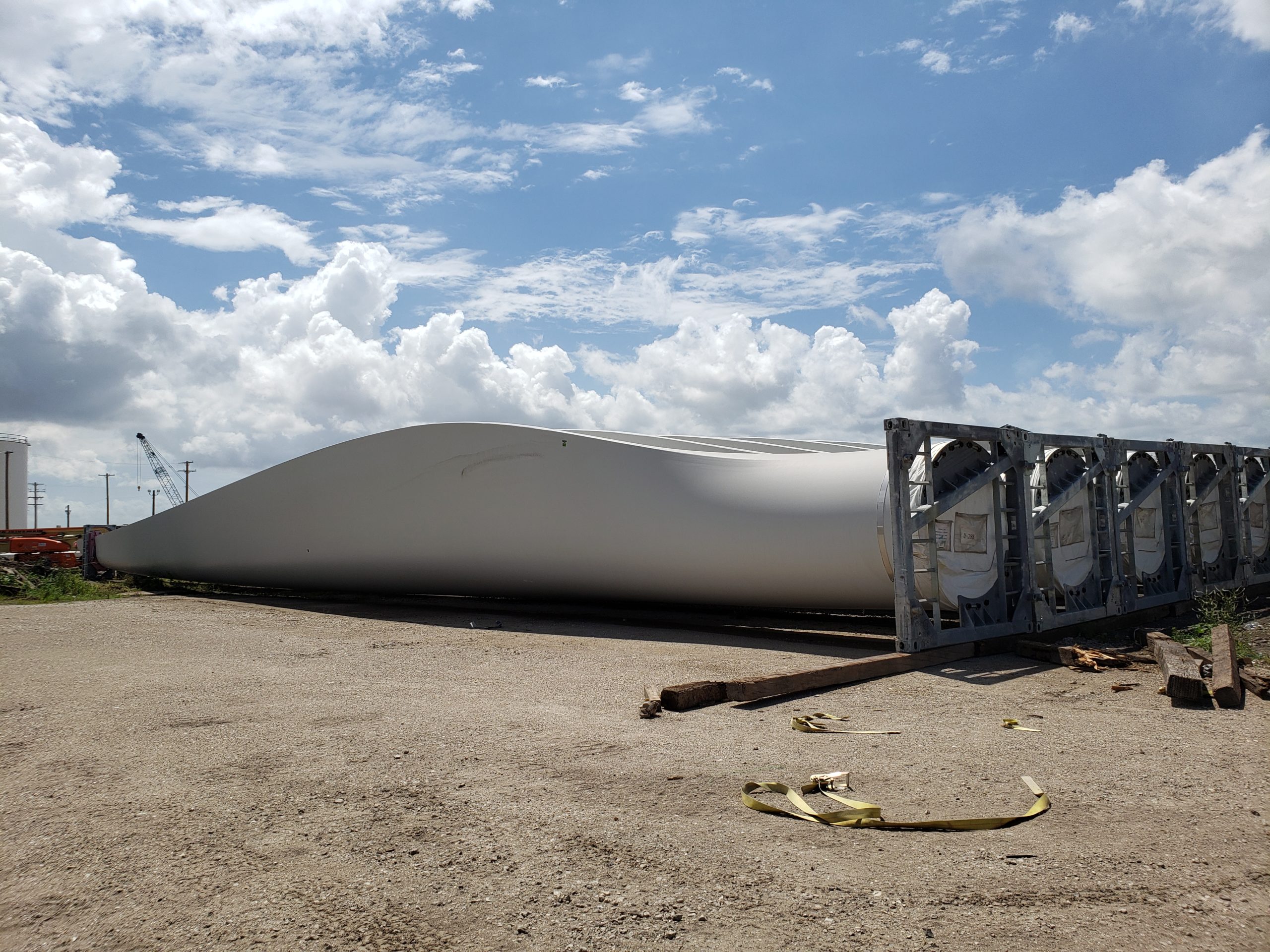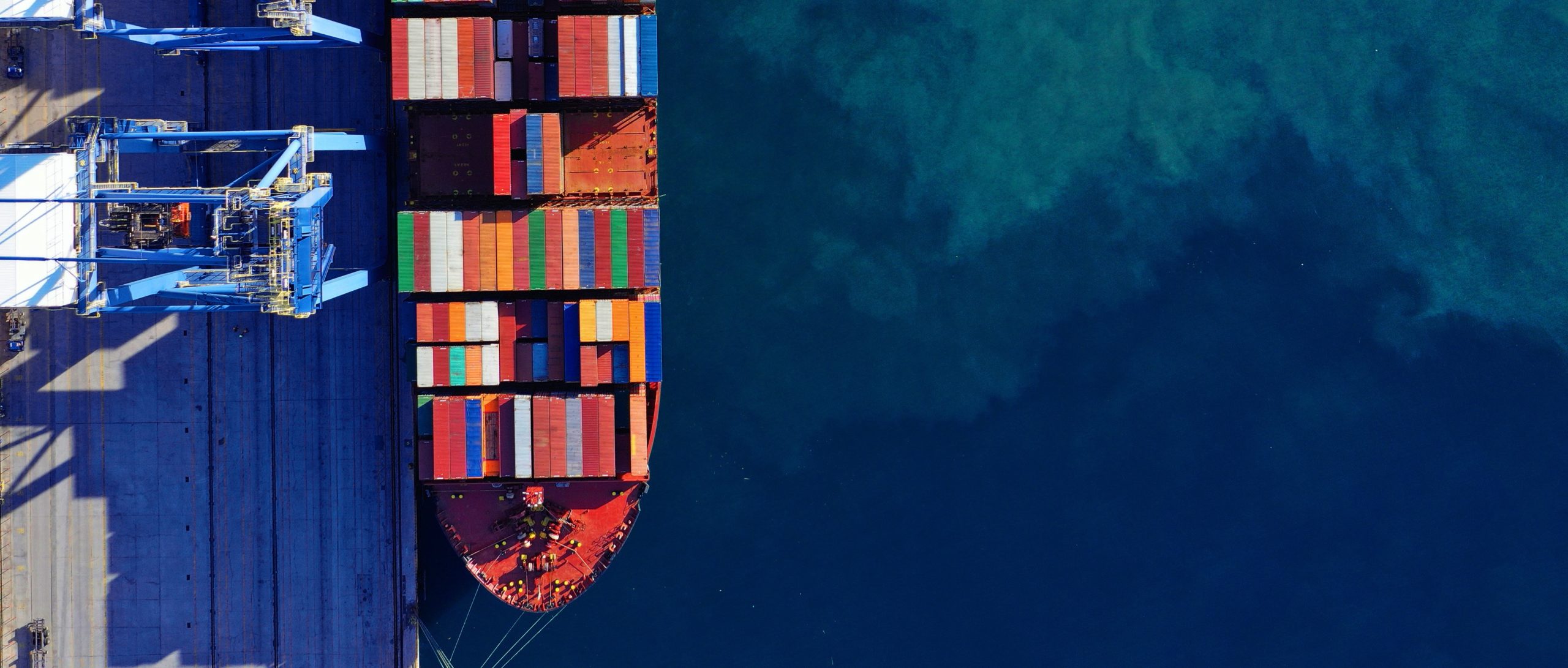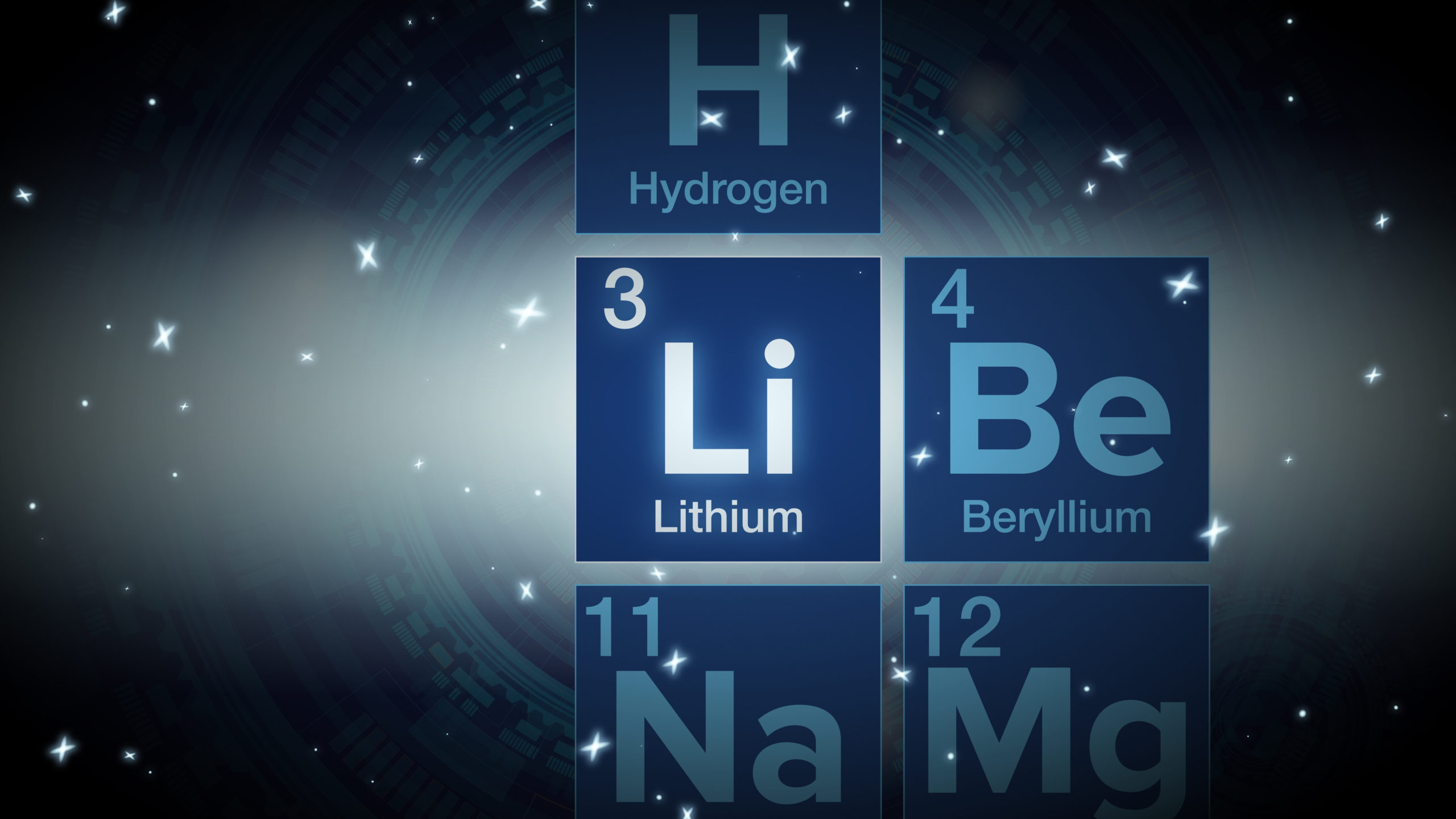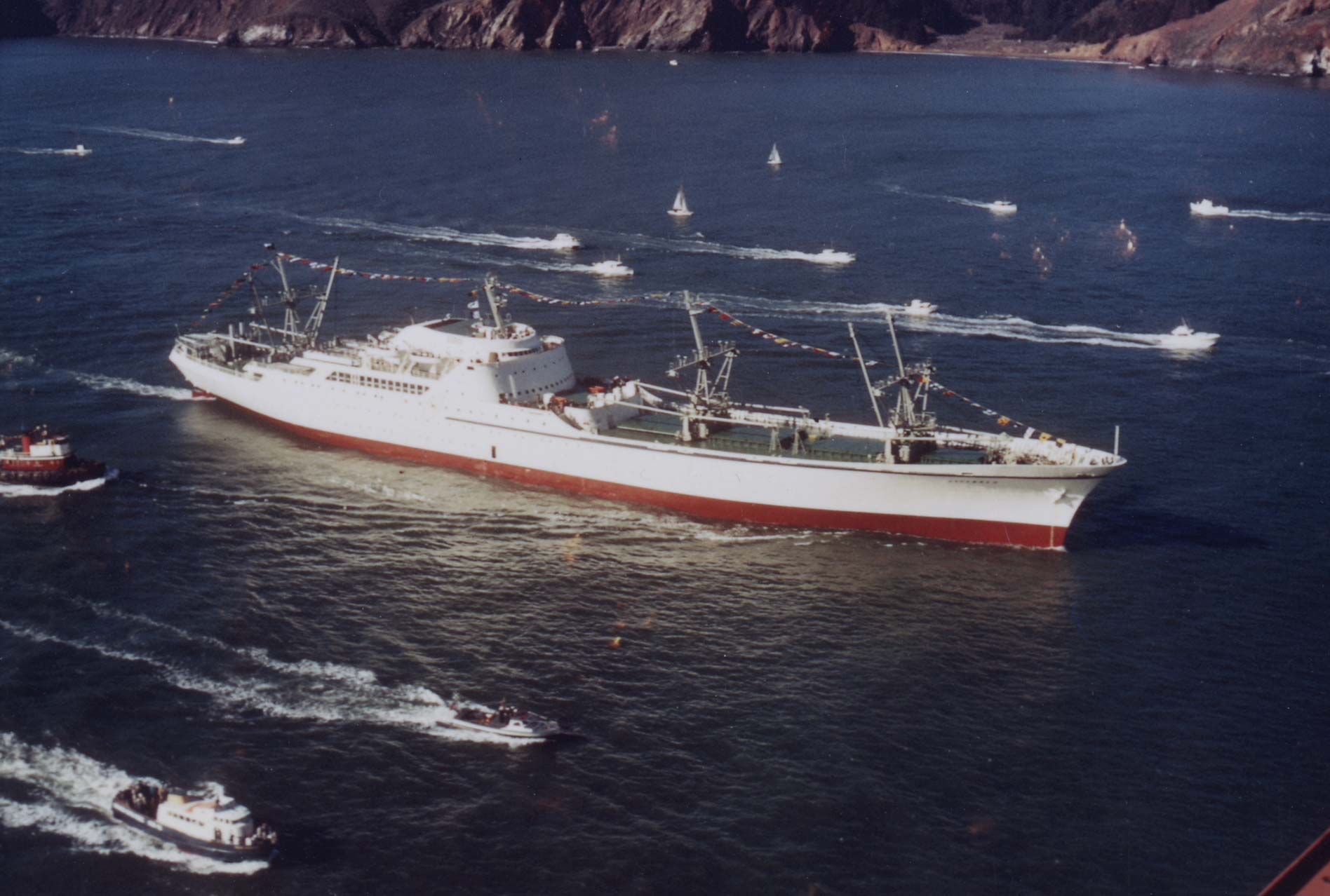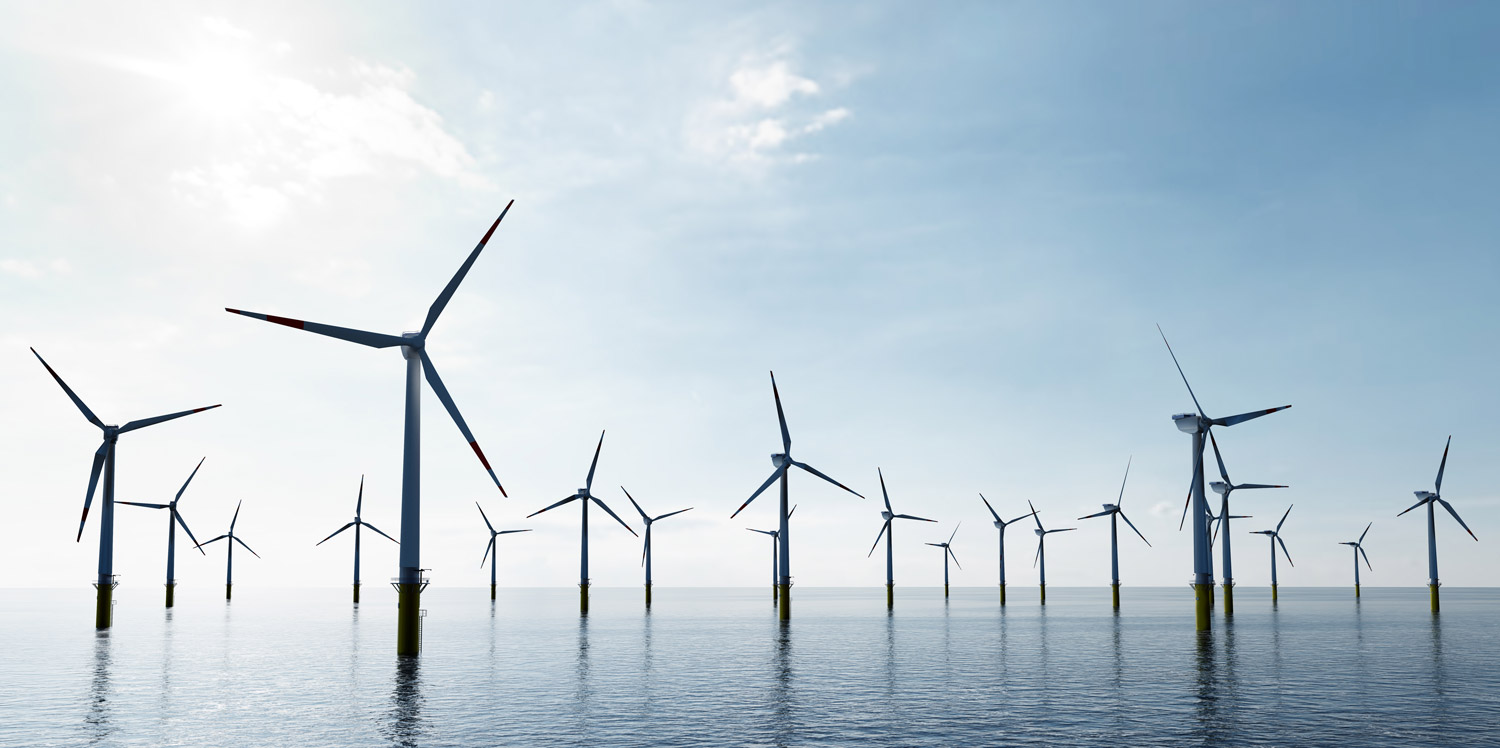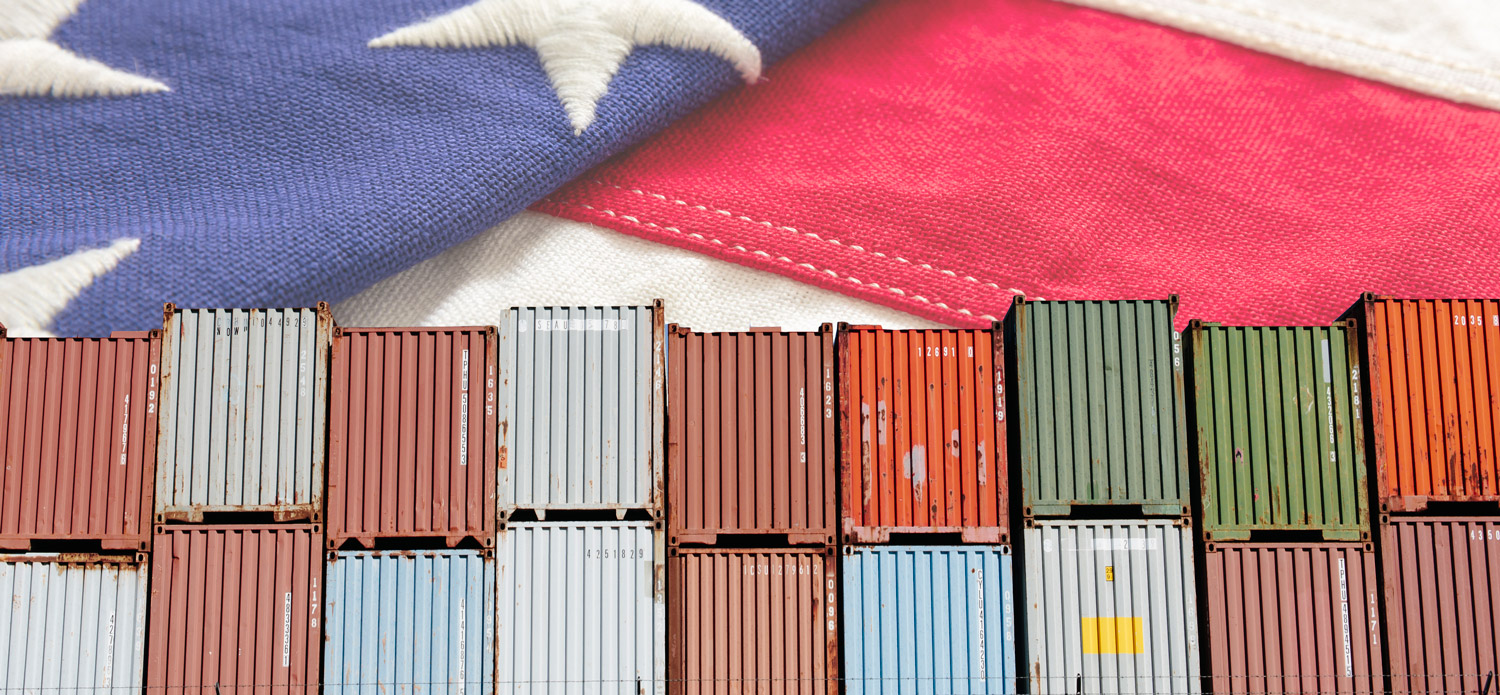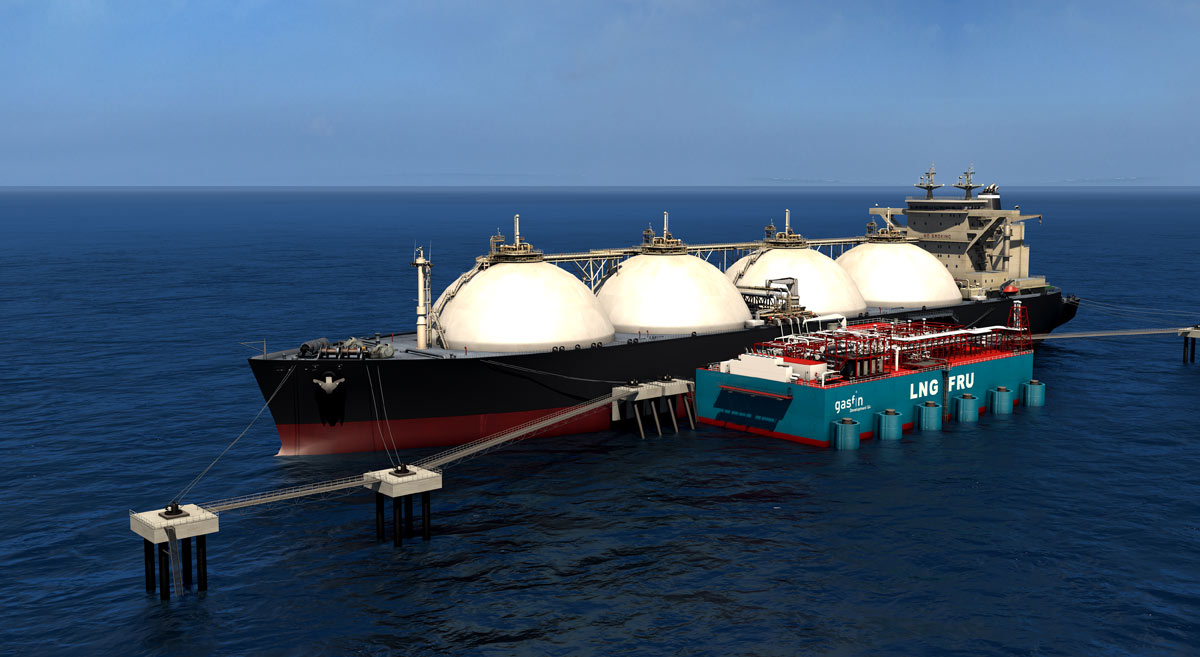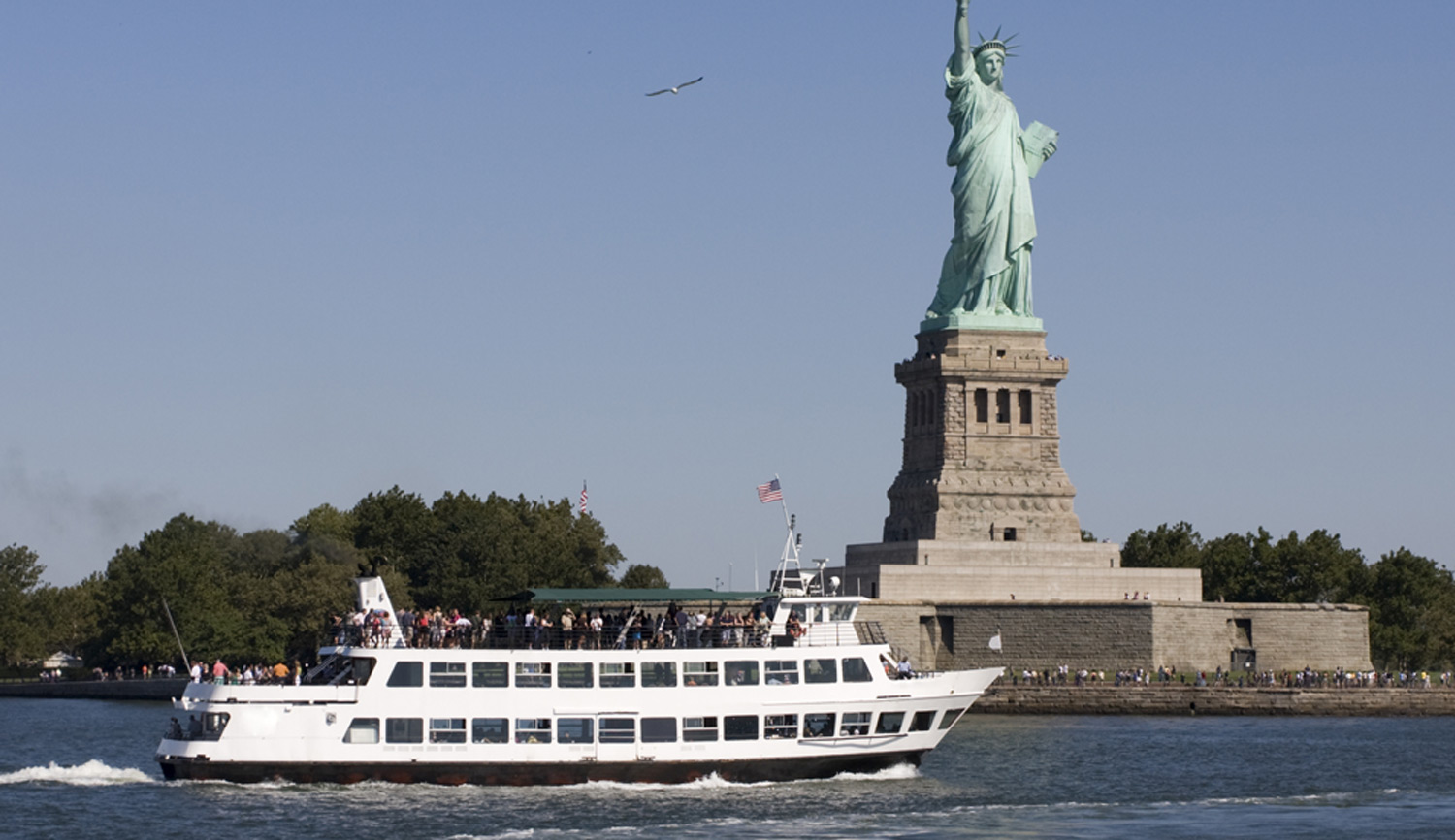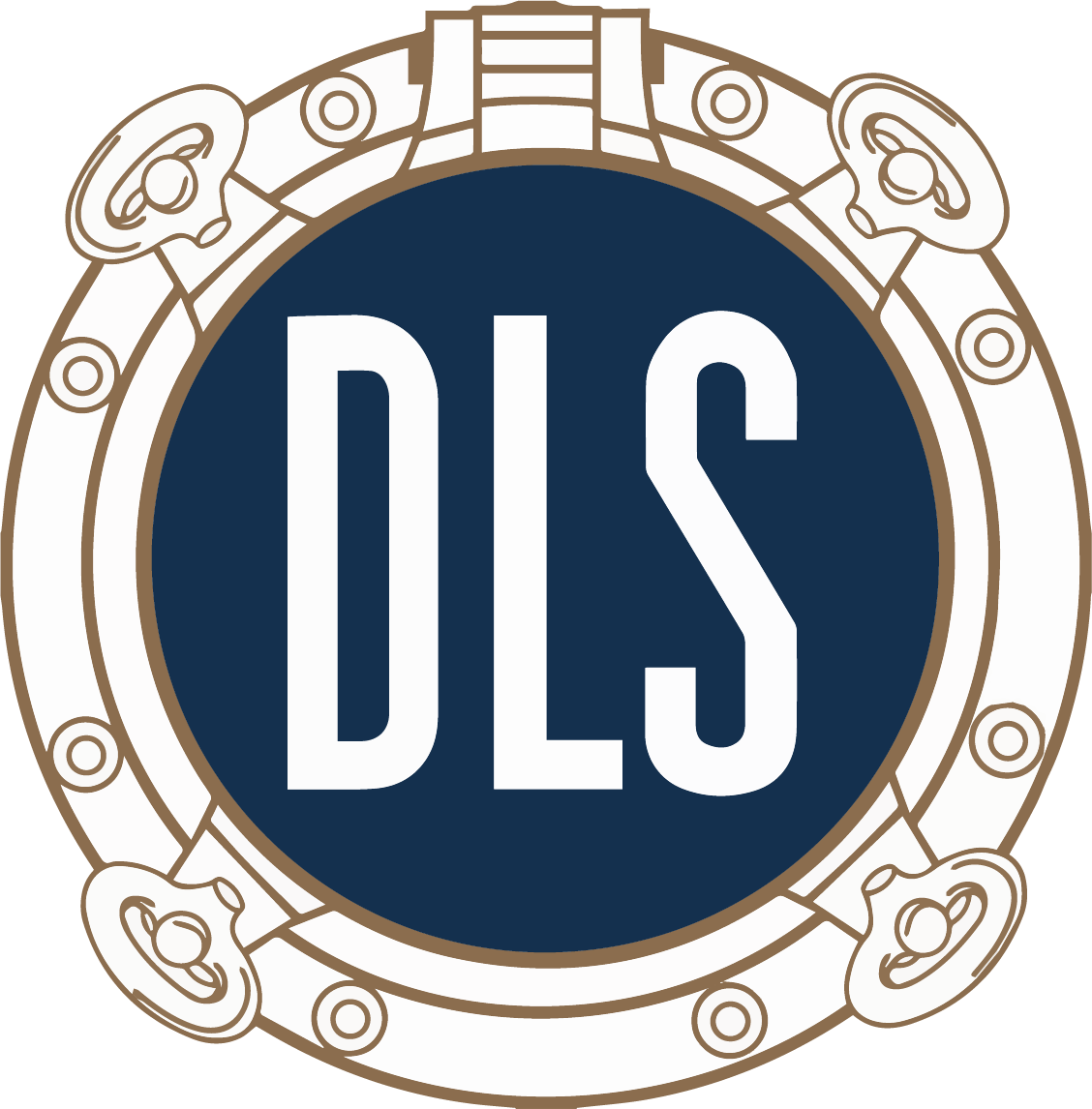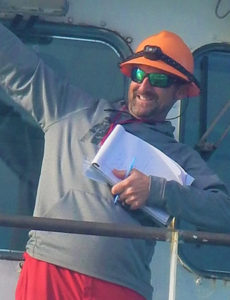I’ve been writing a lot about the ecological movement and the greening of merchant ships. DLS Marine is deeply involved in the appraisal side of the marine survey business and a good number of the readers of this blog are involved in maritime lending or insurance. The greening of the world’s fleet involves huge amounts of money.
Continue readingThe Fuel on the Hill
Petroleum is still here and will be prominent, although fading, for a few more decades. Due to an interesting combination of world events and reactions to these events, the oil industry has new life. Oil is closing in on $100 a barrel in some areas.
Continue readingIn Honor of 2021
As we begin a new year, I’d like to do a recap on the topics I discussed in 2021. Just about every subject matter has shifted, some like a glacier and others at, for the marine industry, flank speed
Continue readingThe U.S. and Short Sea Shipping
Ships, on a cost-per-ton mile, are the most efficient way to move large quantities of material, raw or finished. But ships are useless unless they have somewhere to load and unload cargo.
Continue readingWhite Oil
The growth of lithium for use in batteries is phenomenal, as the number of products using lithium-based batteries grows in addition to the size of these batteries.
Continue readingDo Green Ships Have a Nuclear Future?
The amount of money being put into meeting the 2050 air cleanliness goals of the Paris Accords and the IMO is staggering. Every week we read more news items and long reports on studies and research and experiments on new technology.
Continue readingSo, What About Offshore Wind Farms?
We are headlong into the new world of wind power. Not so new if you consider that Hero of Alexandria (20 AD-70 AD) invented a windmill that pumped a bellows attached to a pipe organ. (And he invented the first vending machine – it dispensed holy water). The first windmill to provide electricity was built in 1887 by a Scottish inventor, James Blyth, to power his home.
Continue readingWill the U.S. Join the Green Wave?
This month I look at the new administration’s first proposed bill that affects the oceans and shipping, an intro to a new cargo carriage idea that is not so new, and how diesel exhaust scrubbers are currently doing in the marketplace.
Continue readingLNG Is Here: How Is It Impacting The Industry?
Where is LNG as the fuel of choice for the maritime industry? DLS Marine Surveyor Norm Laskay discusses the current switch to LNG, its impact on air cleanliness, and the ever-important roles of crew members, surveyors, appraisers and classification societies.
Continue readingWill Staycations Save the Domestic Day Cruise Passenger Business?
The blue water overnight passenger business is comatose. Will a vaccine make 2021 a profitable year? Or at least a break even year? Right now it looks like the industry might not even resume anything that might be called “service” until the second quarter of 2021.
Continue reading
